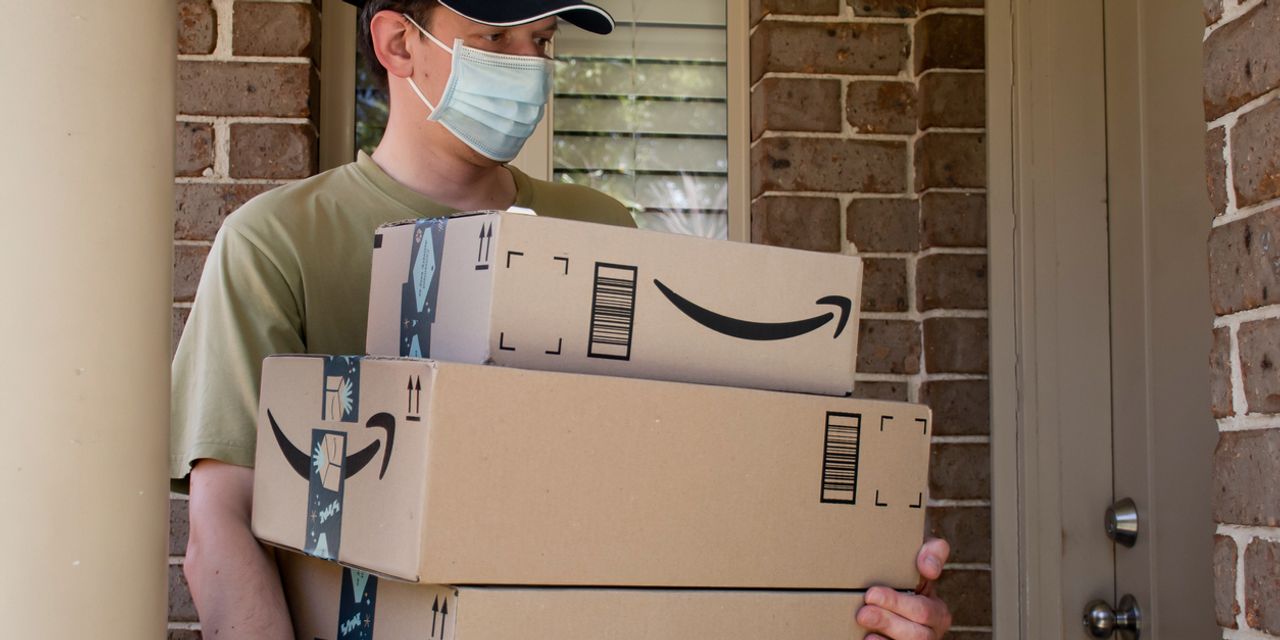Shopping online has just gotten a lot safer.
The INFORM Consumers Act, which went into effect Tuesday, aims to limit the sales of stolen and counterfeit products on e-commerce sites.
The measure, which requires e-commerce sites to verify and disclose information about their high-volume third-party sellers, was passed into law following a lobbying campaign to address counterfeit products after being left out of the bipartisan Chips and Science Act last year.
All online marketplaces, such as eBay, Etsy, Amazon and Poshmark, will now be required to collect information from high-volume sellers, defined as those selling 200 items or more totaling at least $5,000 in the previous 12 months. These third-party sellers must submit information such as a government-issued ID, a bank-account number, a working email address and phone number, and a taxpayer identification number.
Customers will also be able to find the verified contact information for bigger third-party sellers — those with sales of over $20,000 a year — and to get in touch with them outside of the e-commerce platform. In the past, consumers often had to engage within the platform in order to communicate with a seller.
Those bigger sellers will also have their full name and physical address listed on their product page in addition to their contact information, according to the Federal Trade Commission’s business guide.
“This is a game-changer,” said Teresa Murray, director of the consumer watchdog office at U.S. PIRG, a nonprofit that lobbies on behalf of the public interest. “For bad guys, stealing items has generally been the difficult part. Selling things online once you’ve stolen them is easy. We hope that with the INFORM Act, it’s not nearly as easy in the future.”
“‘The only people opposing this may be thieves.’”
The act goes into effect just weeks before Amazon Prime Day, when the world’s biggest e-commerce site rolls out discounts for Prime members. This year, Prime Day will be held over two days, July 11-12.
Several e-commerce platforms, including Amazon and eBay, supported the INFORM Consumers Act. TechNet, a national network of technology CEOs and senior executives representing the innovation economy, wrote to leaders in Congress last December, saying the law would improve consumer safety and increase transparency.
In a statement provided to MarketWatch, eBay said it “fully supports transparency and is committed to a safe selling and buying experience for our customers. We were proud to support” the law “to protect consumers from bad actors who seek to misuse online marketplaces, while also ensuring important protections for sellers. We are fully prepared to comply with the new law.”
Etsy also said it “has long been supportive of the INFORM Act passing into law, as a balanced and thoughtful approach to make the ecommerce landscape safer for both consumers and sellers.” In a statement provided to MarketWatch, the company said, “We are taking appropriate steps to comply with the INFORM Act requirements.”
Amazon and Poshmark did not immediately respond to MarketWatch’s request for comment.
Some analysts, however, said the new law lacks stronger protections that were included in earlier legislation, the SHOP SAFE Act, which did not get passed by Congress. The INFORM Act, they noted, does not hold online platforms liable when a third party sells harmful counterfeit products or when the platform has not followed certain best practices.
“Notably, the legislation is supported by Amazon and other marketplaces as it’s seen as a watered-down bill that would head off more stringent legislation like the SHOP SAFE Act,” Ben Koltun, director of research at Beacon Policy Advisors, wrote in a note last year.
So how can consumers spot counterfeit or stolen items? A guide from PIRG has tips, such as keeping an eye out for products with suspiciously low prices or that feature misspellings or mislabeling or low-quality, photoshopped photos. PIRG also cautions consumers about purchasing medications online and says to always check the legitimacy of online pharmacies.
“Many online marketplaces haven’t been doing enough to protect consumers from sellers who appear to be peddling stolen or counterfeit goods,” Murray added. “The only people opposing this [new law] may be thieves.”
Victor Reklaitis contributed .
Read the full article here




